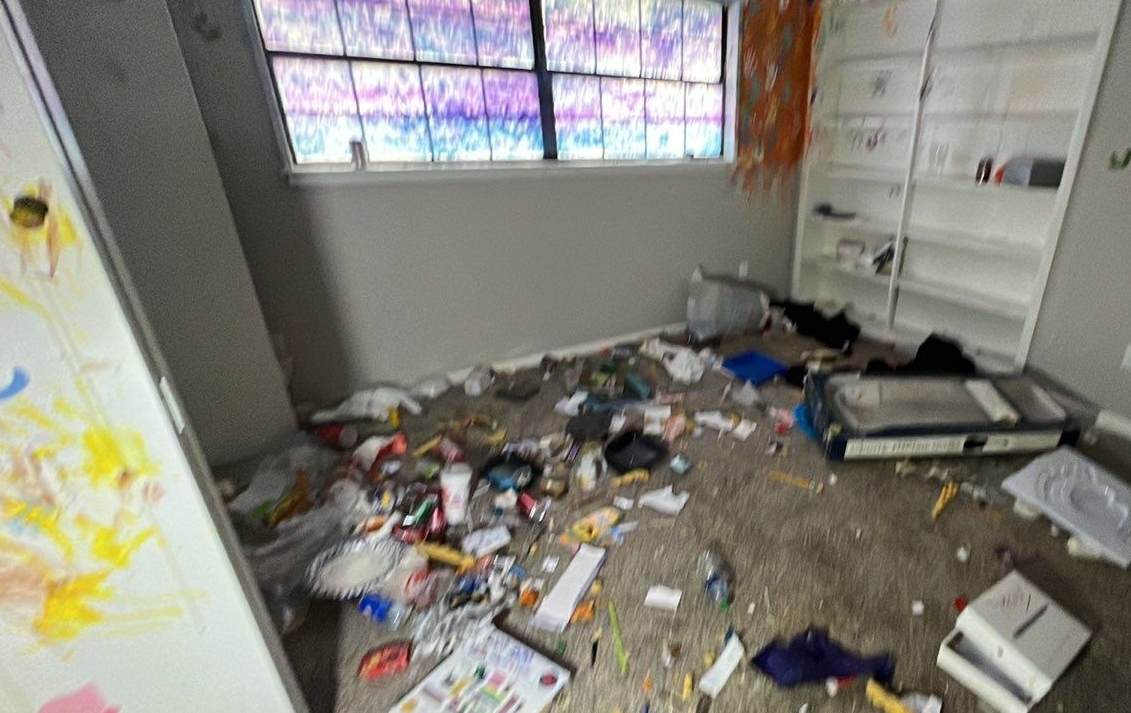*Update 2-11-2025

You ever hear one of those stories about squatter’s rights in Texas that just make you shake your head? Someone leaves their vacant property sitting for a while—maybe they’re fixing it up, maybe they’re out of town traveling—then boom, they come back to Dallas or Fort Worth to find a total stranger living inside taking advantage of current squatting laws in 2025.
And worse? That stranger is claiming squatter rights Texas like they’re entitled to stay.
Sounds crazy, right? But under Texas squatting laws, it’s not always trespassing. If a squatter situation drags on long enough—the number of years matters—they might actually have a shot at legal ownership through something called an adverse possession claim. And no, they don’t just get to walk in and call it keeps. They’ve got to meet certain conditions—paying property taxes, openly occupying the space, even making home repairs. But if they check enough boxes? The actual property owner could find themselves in a long, painful legal battle just to get their own house back.
And evicting them? Not as simple as calling local law enforcement and getting them hauled out. Nope, you’ll likely have to go through the judicial eviction process, which means legal filings, court dates, and, eventually, a writ of possession. Meanwhile, the squatters might still be in your house—running up utilities, changing locks, maybe even renting it out to someone else (yeah, it happens).
So what can you do?
In this guide, we break down everything you need to know in 2025 about squatters rights in Texas —how to spot suspicious activity, what Texas law actually says about squatters, and how to protect your property before you end up in a legal nightmare. Because trust me, this is one problem you don’t want to deal with after the fact.
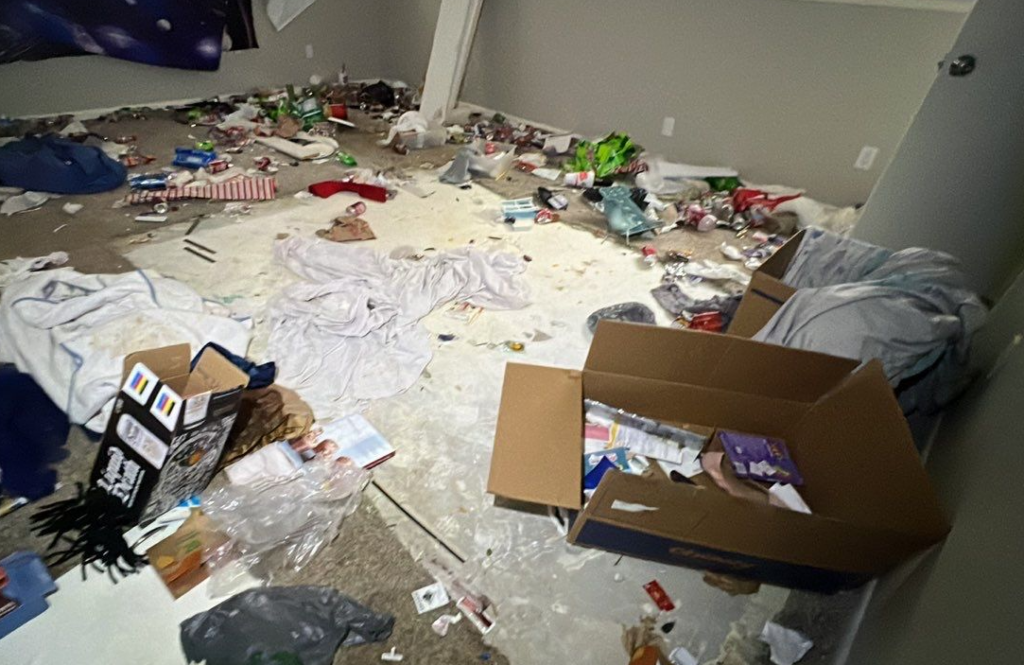
Do Squatters Rights in Texas Exist?
Yes, in fact, squatters in Texas can actually claim ownership of a property after living in a Texas house for a span of time – five consecutive years, to be precise. Now, this ain’t a simple “camp out and claim it” game of monopoly. They have to have paid property taxes, live there openly like a sunbaked lizard, and make home improvements and repairs to the house.
Unfortunately, if they check all the boxes, a loss property investment to someone who snuck in through a broken window with a rusty crowbar. Talk about adding insult to injury, right? This occurs through a legal concept known as “adverse possession” which allows squatters to claim legal possession after living in the house or lax property management for a specific period of time.
However, this potential change in ownership doesn’t strip the original actual owner of the right to seek financial cash compensation for lost rent payments or other related expenses. Additionally, in cases of foreclosure, squatters may remain in the residence until formally evicted by the new owner or by court order. Although squatting is illegal and can result in criminal offense charges, due process must be followed to remove squatters, ensuring fairness for all parties involved.

What Is The Difference Between Squatters And Trespassers in Texas?
Over the years, distinguishing squatters from trespassers has become second nature to our team at Bright Bid Homes, a critical skill as realtors and Texas property managers. A squatter, often misunderstood, isn’t just an unwanted guest; they might be a resident without current legal standing but with potential Texas squatters rights in the making. Squatters settle in, not just for shelter but with an eye towards a possible future legal claim. A trespasser, on the other hand, is more straightforward in their intent – they enter without plans to stay or claim, often leaving as quickly as they entered.
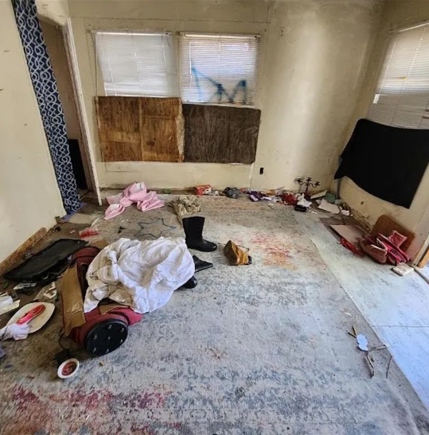
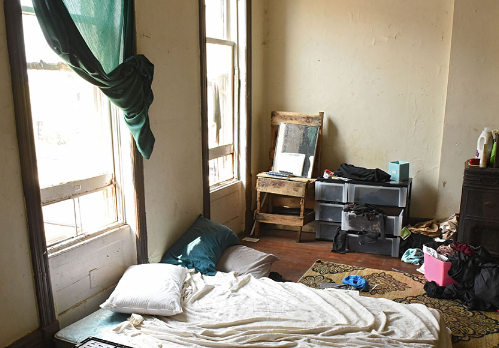
Case Example: Terri Boyette’s Struggle with Squatters in Mesquite, Texas
A prime example of the impact of squatter laws in Texas is the experience of Terri Boyette from Mesquite TX. After leaving town for a few weeks to care for her mother, Boyette found herself locked in a seven-month legal fight to evict a squatter who had not only moved into her home but also sold her personal belongings and left the property in ruins.
During the process, she continued to pay utilities, taxes, and a mortgage while being unable to live in her own house. Her ordeal led her to declare, “This should not happen in Texas,” underscoring the gaps in squatter laws that put homeowners at a severe disadvantage
Texas Squatters Rights 2025
In our journey through the maze of Texas laws, the term ‘adverse possession’ has come up more times than I can count. It’s not just about someone occupying neglected properties but doing so with a boldness that’s hard to ignore. A squatter must be conspicuous, in exclusive continuous possession of the uninhabited property, and show a clear intent to own the house by fulfilling responsibilities like property tax payments. This law isn’t just text in legal books; it’s a reality that we’ve seen unfold, sometimes culminating in courtrooms with affidavits flying where the line between property ownership and resident occupancy gets blurred and redrawn. The key to navigating this complex terrain is a thorough understanding of the nuances, something that we’ve honed through years of hands-on experience in the Texas housing market.
Understanding the distinction between the landlord tenant relationship and a squatter trespasser relationship is crucial for Texas homeowners. Squatters occupy a house or land without legal rights, claim or permission, potentially living there for an extended period. In contrast, a trespasser enters or uses someone else’s house without permission but does not usually reside or make changes to the home.
Secure Texas Against Squatters: Property Owner Rights
Texas legislators began work on an anti-squatting bill to be brought up in the Texas Senate committee during the 2025 regular session. The discussion called “Secure Texas Against Squatters“ was added by Lt. Governor Dan Patrick for Texas legislators to review the state’s adverse possession statues.
Unfortunately in Texas currently, whether you live in San Antonio or Fort Worth, the local government and state law treats squatters the same. The squatting laws in Texas state these squatters are unwanted holdover tenants and not as trespassers. No action from Texas legislators on squatters rights laws or more specifically any anti-squatting laws or movement will take place until the next regular session of the Texas legislature in 2025 unless a special session in enacted.

New Squatting Laws in Texas? Governor Abbott Calls for Immediate Action in 2025
Governor Greg Abbott isn’t mincing words when it comes to squatters rights in Texas. In his 2025 State of the State Address, the Texas Governor called for tougher laws to remove and prosecute squatting in Texas faster, putting property owners back in control.
“Private property rights are a cornerstone of our values and legal system. It is against the law to live or stay on somebody’s property without their permission. We need stronger laws to immediately remove and prosecute squatters.” – Texas Governor Greg Abbott
For homeowners dealing with squatters rights, this could be a game-changer. Right now, getting rid of an unauthorized occupant isn’t as simple as calling the police to remove squatters in Texas. Many exploit legal loopholes, dragging out eviction cases for months—sometimes even years. Abbott’s plan aims to close those squatting loopholes by:
✅ Speeding up evictions so squatters in Texas can’t stall the long process.
✅ Giving law enforcement more authority to remove trespassers immediately.
✅ Toughening penalties for those trying to game the system.
This move comes as property owners face growing frustration over squatters in Texas who move in, change locks, rack up utility bills, and sometimes even rent out the property to unsuspecting tenants. If these new squatter laws pass, homeowners could finally get their houses back without a lengthy legal fight.
Will Texas lawmakers follow through? That remains to be seen. But one thing is clear: Abbott has put squatters in Texas on notice, and change is coming.
Can You Go To Jail For Squatting In Texas?
If an individual has been residing at a house for over 30 days without the owner’s consent, they are likely a squatter. Trespassing, involving activities like vandalism or theft, can lead to criminal charges. Recognizing these differences helps homeowners protect their rights effectively.
Legal Ownership: Requirements for Adverse Possession Claim
Adverse possession in Texas requires the squatter to have open and notorious possession of the property exclusively in continuous possession for at least 10 years, intending to possess it as their own. They must also demonstrate that they have been paying property taxes during this period.
Homeowners can challenge adverse exclusive possession claims in a court hearing, but success hinges on understanding these legal nuances.
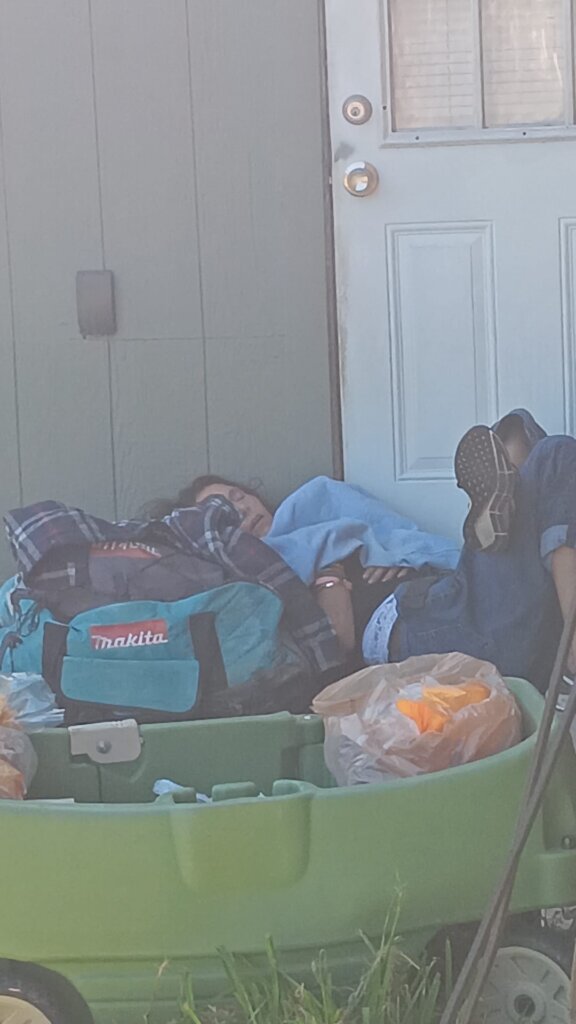
Understanding Color Of Title For Squatters Rights In Texas
There’s the “color of title” twist. Imagine your grandpa’s handwritten promise passed down like a tattered family heirloom, granting some unknown person aka squatter a shaky claim to a property. Even if it ain’t worth the paper it’s written on, that paper can still cause a big headache in court, stretching out the long process to legally evict. So, be sure to keep every receipt, every rental agreement, even grandma’s grocery list if need be, to prove this house is yours and yours alone. The “color of title” plays a pivotal role in property disputes.
Squatters and Property Taxes
Even better, squatters rights in Texas include the non-obligation to pay property taxes until they obtain legal ownership of the property. For a squatter to gain ownership and rights, they must have occupied the house for at least three months and demonstrate tax payments to local authorities. Homeowners must be vigilant about these squatter’s rights and actual possession laws to prevent loss of property rights.
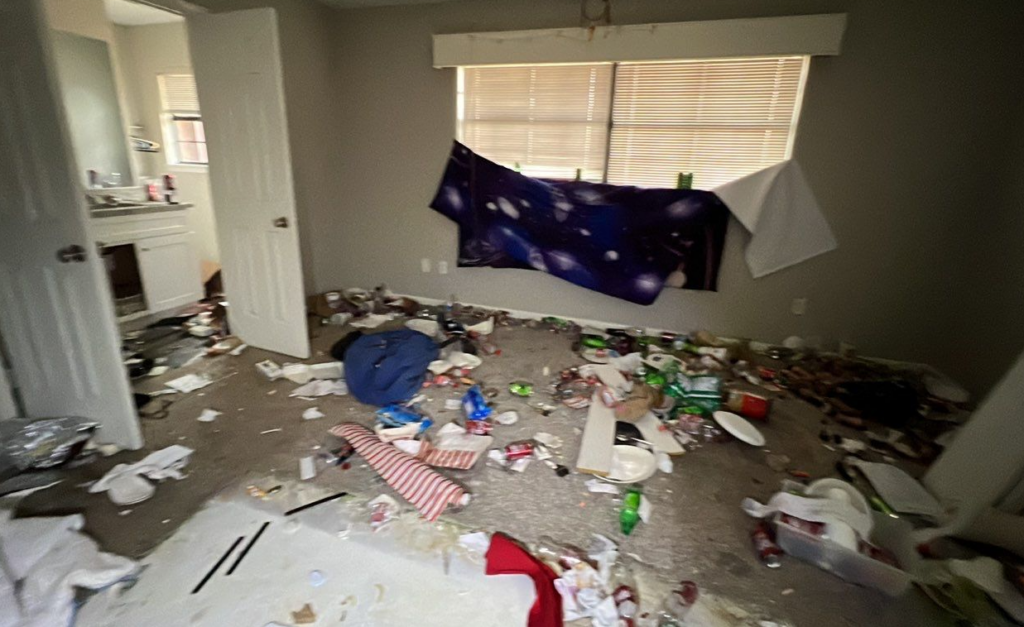
How To Prevent Squatters in Texas
Homeowners and landowners alike can adopt several strategies to prevent squatters and an adverse possession claim in rental properties or vacant lots. Ensuring that all doors and windows are securely locked and regularly inspect the property is basic and fundamental to property managers everywhere. Regular house inspections, installing security cameras, and informing tenants about squatters’ rights are effective measures. Maintaining a log of visitors helps in monitoring and preventing unauthorized squatting occupancy.
For example, in Atlanta Georgia, the squatter problem has become the largest in the country with an estimated 1,200 homes being illegally occupied in the Atlanta metro area, according to a recent Bloomberg article. If it can happen in Atlanta, property owners need to take steps to make sure it does not make it to Austin or North Texas.
Bloomberg article continues,
Although precise figures on squatter-plagued homes are hard to find, the number may have quadrupled since the pandemic’s start, said Beth Cruikshank, a real estate attorney. At one point last year, her firm had filed “intruder affidavits” — documents that can help remove illegal occupants — against squatters in more than 700 area rentals.
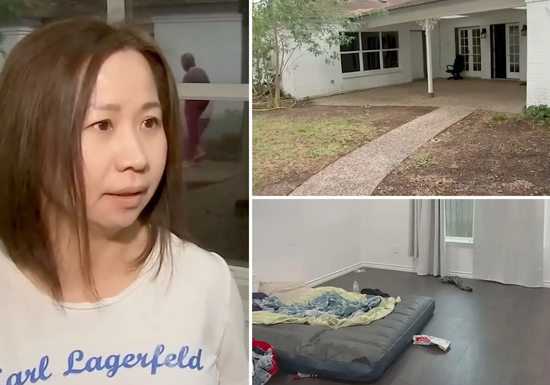
Another unfortunate example from Linda Giang in Houston Texas who had to battle with squatters who changed the locks. Giang decried the situation,
They broke into my house. They’re trespassing. That should be a criminal trespass. They’re violating my privacy. This is my property.
Can You Kick Out A Squatter In The State Of Texas?
The eviction procedure in Texas ain’t a quick two-step dance. It’s a tango with lawyers, compliance and an adverse possession claim, and court dates that feel like an eternity. Even if you get the legal green light to give the proper eviction notice, a property owner cannot just forcibly remove a squatter living on the property. The property owner must wait another three days for the squatter to vacate. Its all apart of the eviction process dance.
If squatters don’t vacate? It’s a tense waiting game of Texas squatters rights, hoping nobody gets hurt and your house doesn’t end up looking like a local trash dump.
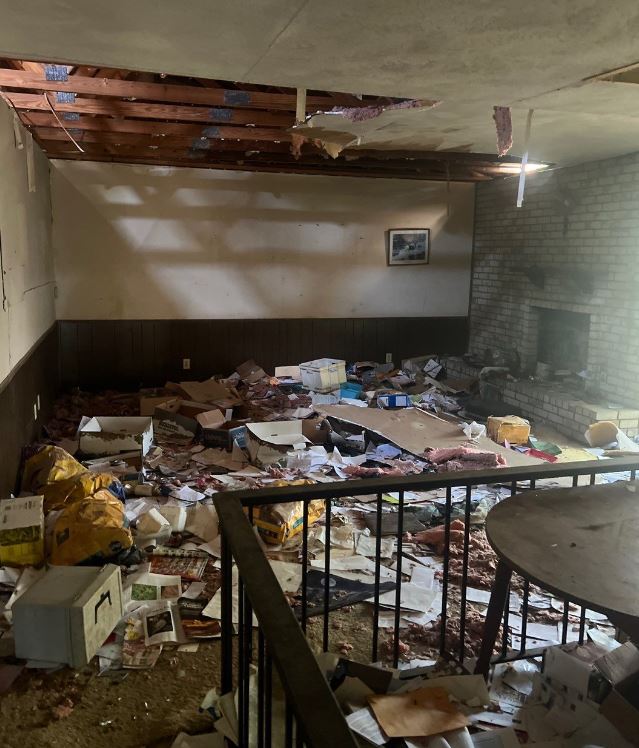
Evicting A Squatter In Texas
Evicting and removing squatters in Texas involves legal procedures, starting with filing an eviction notice called a notice to vacate. The squatter has rights and must be served this eviction notice to vacate either personally or via certified mail, providing them a 3-day notice to quit. Failure to comply with these actual possession laws can lead to longer timelines to remove squatters.
The governor has weighed in on the issue of Texas squatters rights stating on X, formerly known as Twitter, the his opinion on squatters rights in Texas,
In Texas, anyone squatting in your home is breaking the law. They are criminals violating TX laws like criminal trespass & criminal mischief (Tex. Penal Code 30.05 & 28.03). Also, the Texas Castle Doctrine empowers Texans to use force to defend themselves & their property.
From Governor Abbott’s X account
Governor Greg Abbott refers to the Texas legal statues in Chapter 28 and he emphasized also the Texas Castle Doctrine that states anybody squatting on personal property without owner’s permission is breaking the law.
Additionally, the state of Florida is enacting new squatters rights legislation that goes into effect July 1, 2024 against residential squatting rights signed by Governor Ron DeSantis nicknamed the Desantis Rent Law. The Florida governor stated,
If you’re the victim of squatting, you can simply fill out a form, give it to your local sheriff and the sheriff is instructed to go and remove the people who are inhabiting your dwelling illegally. And that will happen very quickly. We are putting an end to the squatters scam in Florida. While other states are siding with the squatters, we are protecting property owners and punishing criminals looking to game the system.
Florida House Bill 621 “Property Rights”
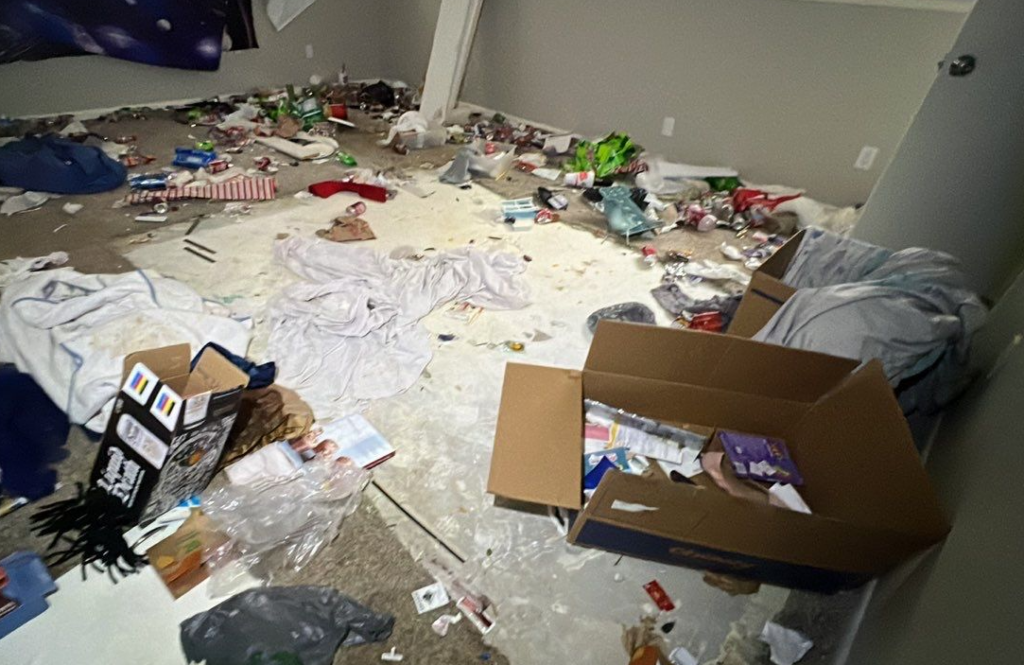
Squatters Rights Texas: Tenants vs Trespassing
When a tenant remains at a house post-lease expiration without permission, they may transition from a holdover tenant to a vacant property trespasser. Landlords must issue written notice for termination of a valid lease agreement, regularly inspect and allow a reasonable amount of time to vacate. If the tenant stays on the property beyond this period, they are technical a criminal trespasser, and the landlord-tenant law supporting actions against them are justified under Texas state and property squatting law.
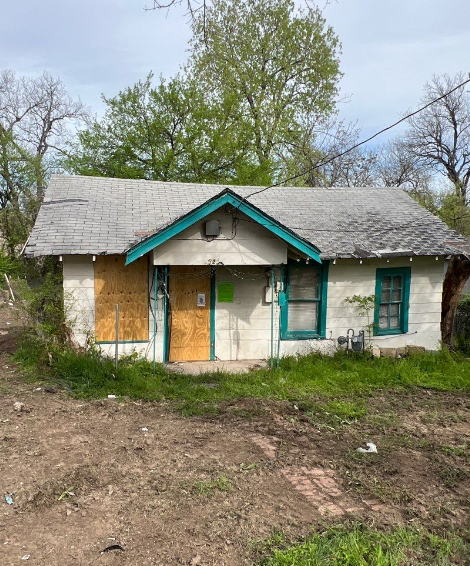
Squatters Rights 30 Days
Texas squatting laws vary to remove squatters’ in different scenarios. The continuous period squatters in Texas must occupy a house to claim adverse possession of your property is typically five years, provided they demonstrate open, continuous years occupation and property improvements. Homeowners should be aware that squatting can also occur in rented units without the landlord’s permission.
In most parts of the country like in California, a squatter living on your residential property for more than 30 days with permission can claim squatters rights, as state law views are different state to state. Some states view occupants over 30 days as becoming tenant. In other words, squatters rights 30 days after “moving in” to a property, it can become a real and legal problem.

Are Squatters Legal In Texas?
For Texas landlords dealing with unlawful house occupancy, several legal remedies and rights are available. These include eviction lawsuits and seeking assistance from a law enforcement officer. Familiarity with state adverse possession claims that offer additional legal protections against unlawful home occupations aka squatting is vital for property owners.
The Texas Real Estate Research Center at Texas A&M had a useful concise overview on what Texans need to know about squatter’s rights including more specific guidelines from Texas Property Code 16.024-16.026.
Texas Squatters Law
Without legal property possession in Texas, severe criminal penalties are possible when a squatter tries to occupy a home claiming Texas squatters rights when it is somebody else’s unoccupied property. This includes criminal charges like Class A misdemeanors, punishable by jail time and fines. Homeowners can also pursue civil matter actions for private property damages and eviction process costs. It’s crucial for those accused of illegal adverse possession laws to seek legal assistance promptly.

Adverse Possession Claim In Texas Squatters Rights
Texas squatting laws are different from every other state. What is true in Texas might not be the same in Oklahoma, New York or Pennsylvania. The specific laws can be very unique to each individual state across the United States.
We do not claim to be real estate attorneys or legal scholars on the subject of Texas squatters rights and enforce evictions, but it is definitely not our first rodeo. So we want to do our best to share our squatting stories and inform the readers of this squatter’s rights guide to help and assist in their eviction process.
Understanding homeowner and squatter’s rights in Texas is essential for navigating this complex legal squatting morass. We strongly recommend to get specialized legal counsel that specialize in fighting supposed squatters rights when the first signs of a possible squatting scenario arises.
For homeowners and landlords, the realization that squatters can potentially claim rights to their house or investment property and not pay rent can be alarming, underscoring the need for vigilance and legal preparedness. Professional legal advice is often the best course of action in these scenarios.
For those seeking alternative solutions, companies like Bright Bid Homes offer avenues to circumvent the stress associated with squatters’ rights through the cash sale of the house. In the end, knowledge and proactive measures are key to effectively managing private property rights in Texas.
Squatter Hunter Flash Shelton
The frustration of landlords and property owners has spilled over to the rise of an anti-squatting uproar led by new state laws up for vote and even a squatter hunter movement led by Flash Shelton in California.
His popular YouTube channel “Outside the Box” about being a squatter hunter has gain prominence as property owners look for any way possible to regain possession of squatter held property.
Here in this YouTube clip titled “How I removed squatters in less than a day.“
Final Word on Texas Squatters Rights
If you find yourself entangled in the complexities of Texas squatters rights or similar property issues, remember that you have viable options to resolve these property challenges efficiently. Selling your house for cash to Bright Bid Homes presents a streamlined, stress-free solution. By submitting your property information to us, you’ll receive a free, no-obligation offer, allowing you to gauge the best course of action at your property without any pressure. Let us be your squatter hunter.
Selling your house or investment property should not be a one-size-fits-all process. At Bright Bid Homes, we understand that each situation is unique, and we’re committed to discussing your specific circumstances to find the most suitable path forward. Reach out to our team today, and let us help you navigate these squatters rights waters with courage and strength, turning a potentially difficult squatting situation into a bright opportunity for a fresh start!

* and available en Espanol – Los derechos de inquilinos en Texas
** Disclaimer: Real estate laws in Texas, especially those concerning squatters’ rights, eviction, and adverse possession, can be tricky. Whether you’re a homebuyer, a property management company, or a landlord dealing with an unexpected situation, you’ll want to understand the right steps to take. Keep in mind that while police officers can sometimes assist, many cases require legal action and knowledge of specific legal terms. If you’ve made a good faith mistake regarding a piece of land or property, getting legal help from a qualified attorney in Dallas or Fort Worth is your best course of action. Bright Bid Homes is here to provide insights, but we are not attorneys—so always consult a real estate lawyer for legal advice.
*** About The Authors: Hilary Schultz is a licensed Texas Realtor which is verifiable at TREC, member of the National Association of Realtors, professional real estate investor, and recognized authority on the DFW metroplex real estate market. Recently named a Zillow Top Agent for her exceptional service and expertise, Hilary takes pride in helping homeowners solve their real estate problems. She serves on the executive board of her local Texas PTA and is deeply involved in the DFW community.
Together with her husband, Patrick, Hilary brings over 40 years of combined experience and a proven track record of completing more than 2,800 real estate transactions. Their approach emphasizes providing DFW homeowners with valuable insights, honest guidance, and a truly personalized experience. Discover why so many Texas homeowners trust Hilary and her team — check out our online reviews and learn how we can help serve you in your real estate journey.

